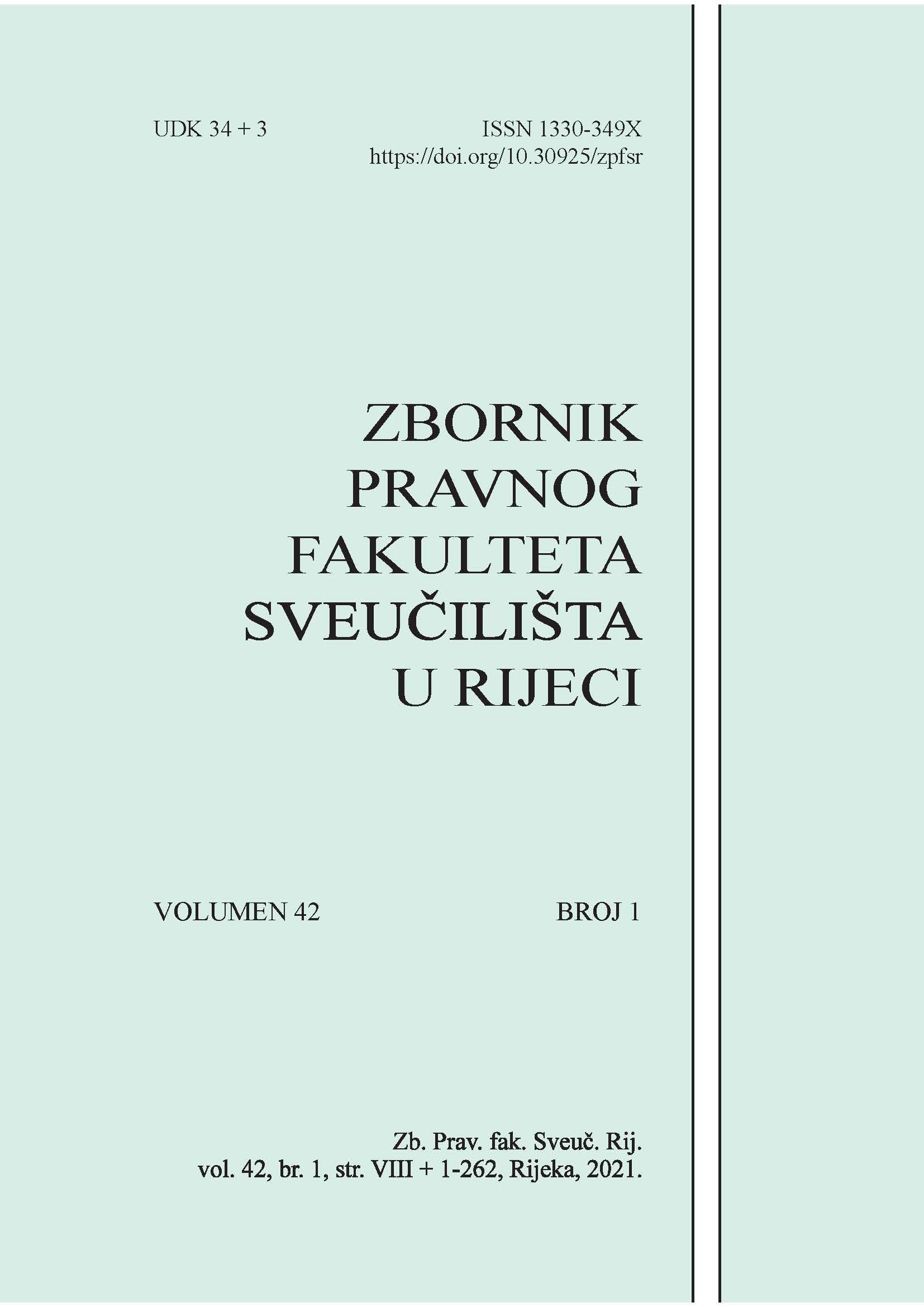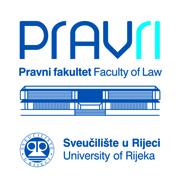EUROPEAN LEGAL FRAMEWORK IN THE FIELD OF EDUCATION: DO WE ACTUALLY NEED THE CROATIAN QUALIFICATIONS FRAMEWORK ACT?
DOI:
https://doi.org/10.30925/zpfsr.42.1.1Keywords:
competences, Croatian Qualifications Framework, education, European Qualifications Framework, recommendationsAbstract
European Union contributes to the development of quality education by encouraging cooperation between Member States and, if necessary, by supporting and supplementing their action. European Union has exercised the said competences, inter alia, by establishing Europan Qualifications Framework implemented in Croatia via The Croatian Qualifications Framework Act, the provisions of which have already twice been repealed by the Constitutional Court for being contrary to the Croatian Constitution. The aim of this paper is to analyse EU legal framework in the sphere of education and to determine whether there is a legal duty and necessity of having a legally defined national qualifications framework and legal consequences of its potential repeal. The analysis has shown that, by repealing The Croatian Qualifications Framework Act, a source of constant legal conflict would be eliminated and the impact of the state on the labour market weakened, with a greater degree of autonomy given to the employers and their employment decisions. This proposal is not contrary to the EU law, since the existing Recommendation on the European Qualifications Framework is not binding and does not aim to replace national legislation, not does it harmonise Member States' education systems, which is beyond the competences of the EU.
Additional Files
Published
Versions
- 2023-12-19 (2)
- 2021-06-07 (1)
How to Cite
Issue
Section
License
Copyright (c) 2021 Tomislav Sokol

This work is licensed under a Creative Commons Attribution-NonCommercial 4.0 International License.
Collected Papers is an open access journal. Journal does not charge article processing charges (APC) to authors. It is licensed under CC BY-NC licence 4.0.
Collected Papers of the Law Faculty of the University of Rijeka" is an Open Access journal. Users are allowed to read, download, copy, redistribute, print, search and link to material, and alter, transform, or build upon the material, or use them for any other lawful purpose as long as they attribute the source in an appropriate manner according to the CC BY licence.
The papers published in "Collected Papers of the Law Faculty of the University of Rijeka" can be deposited and self-archived in the institutional and thematic repositories providing the link to the journal's web pages and HRČAK.
Upon acceptance of the manuscript for publication by this journal, the author can publish same manuscript in other journals only with the permission of the Editorial Board (secondary publication). A repeated publication should contain a notice as to where the manuscript was originally published.



